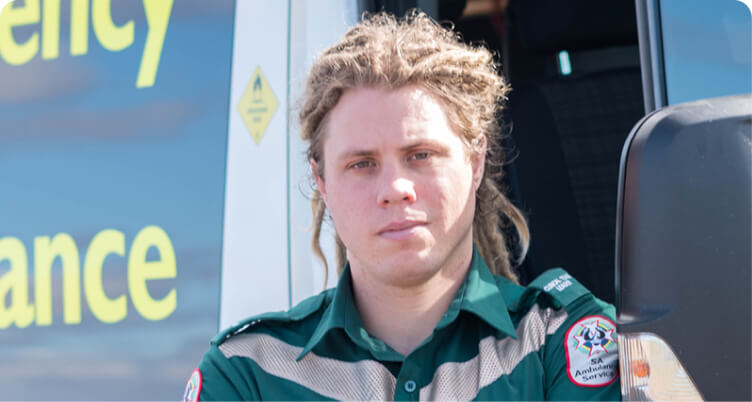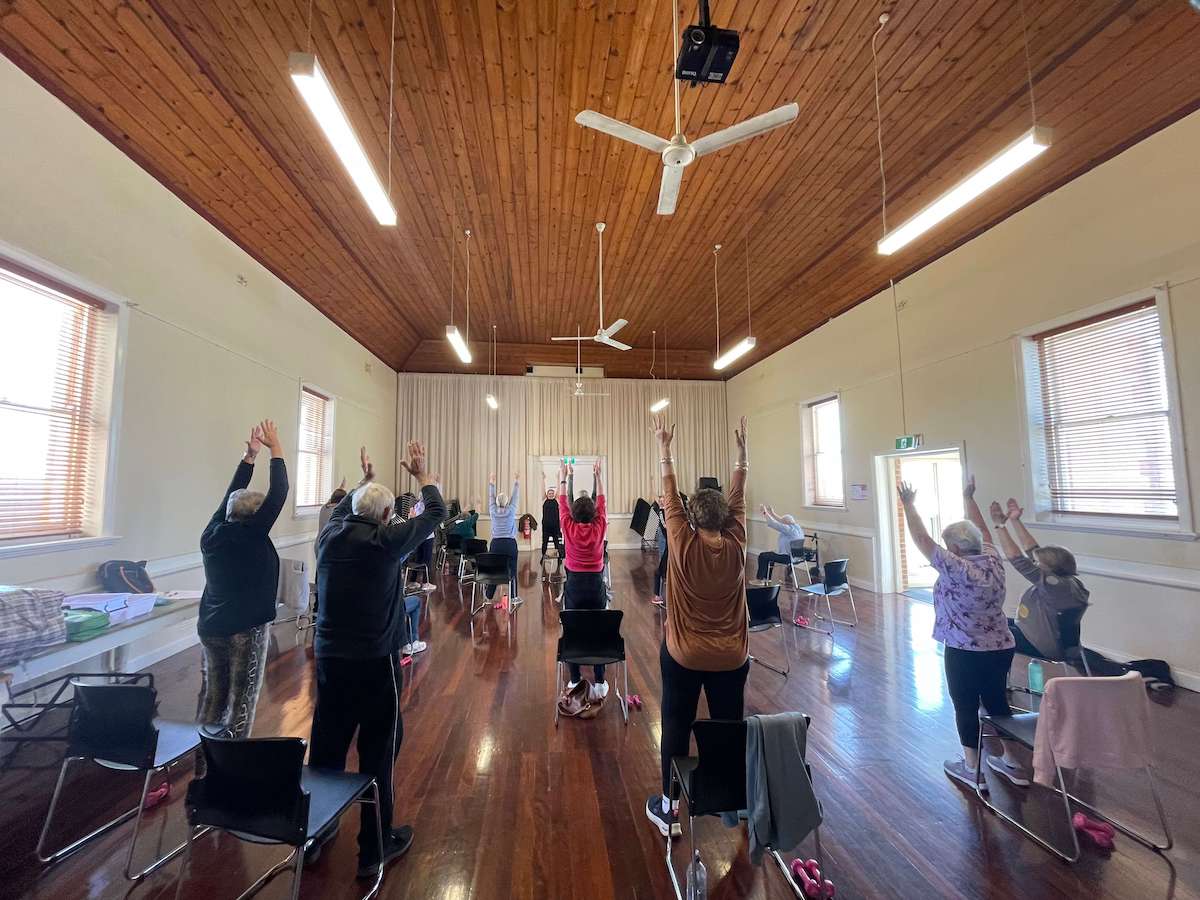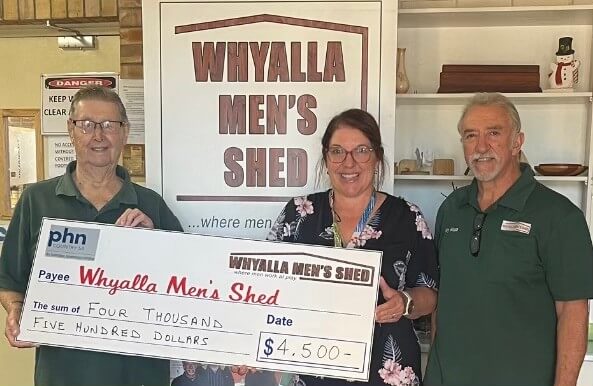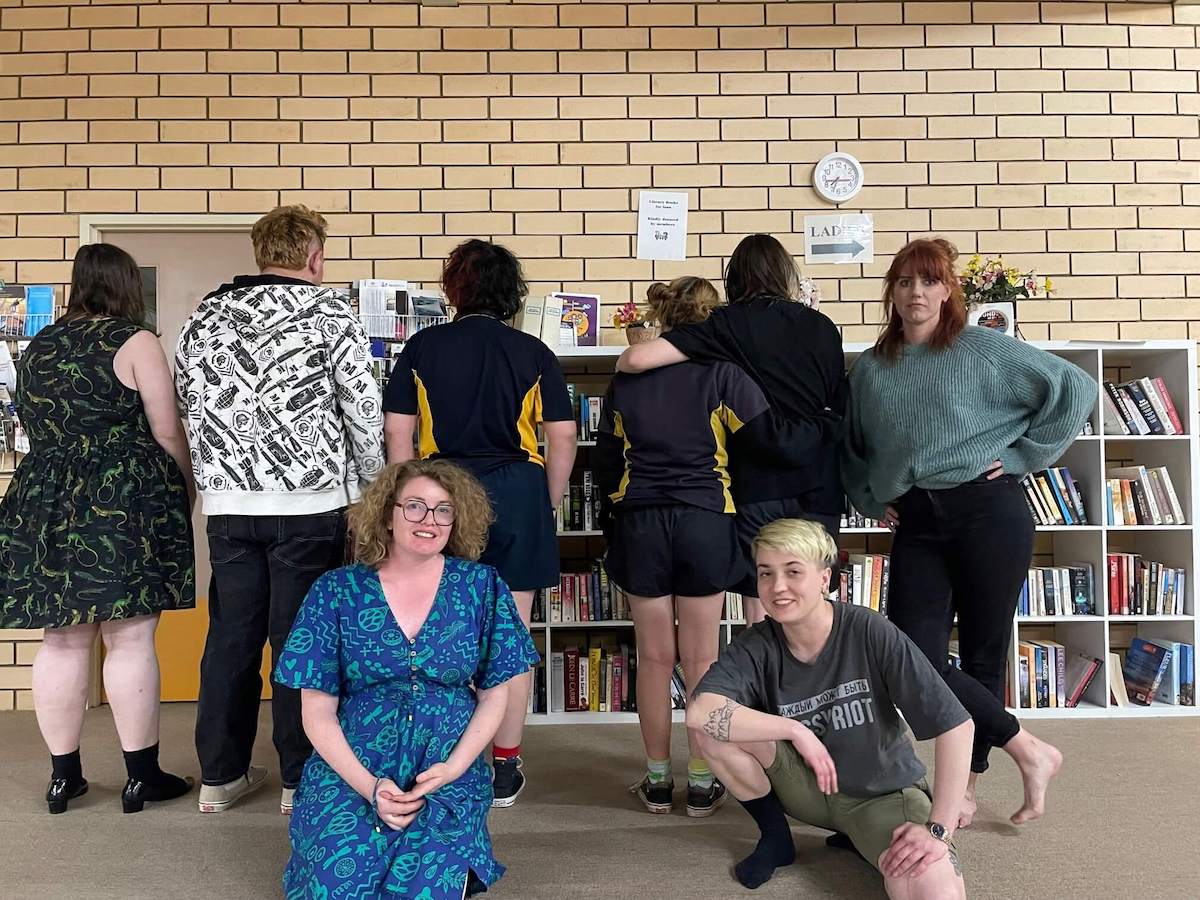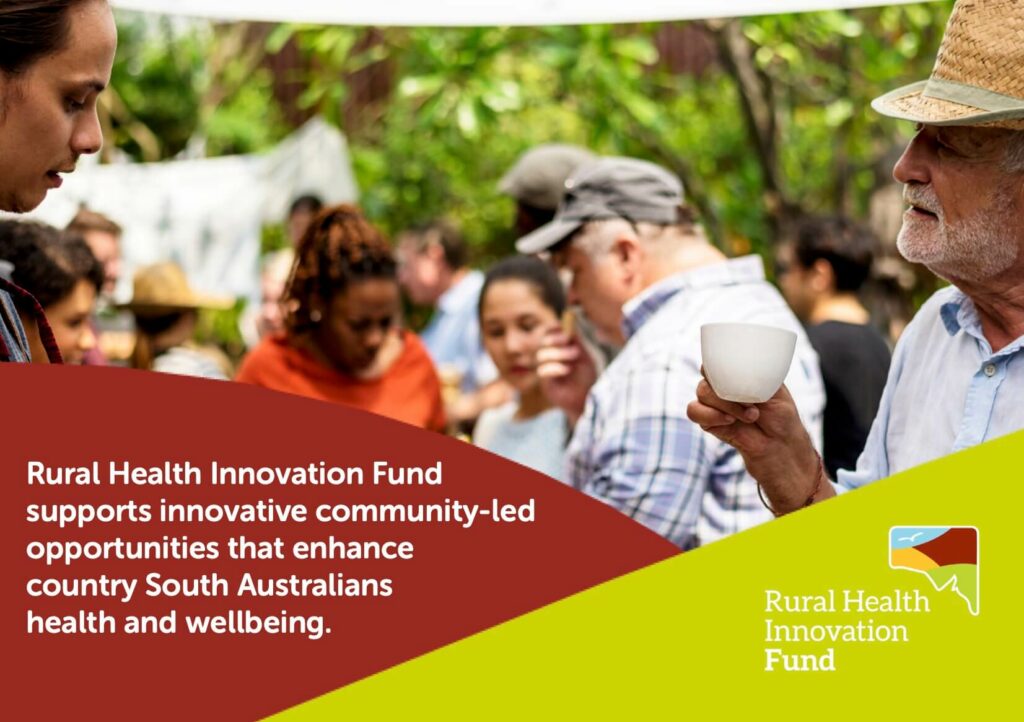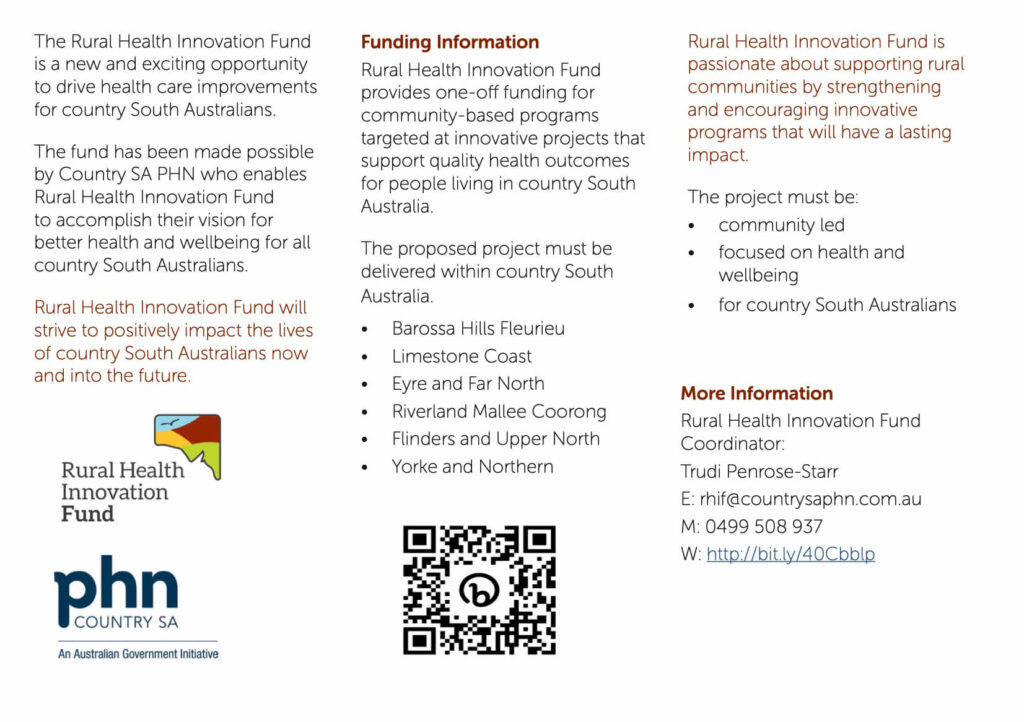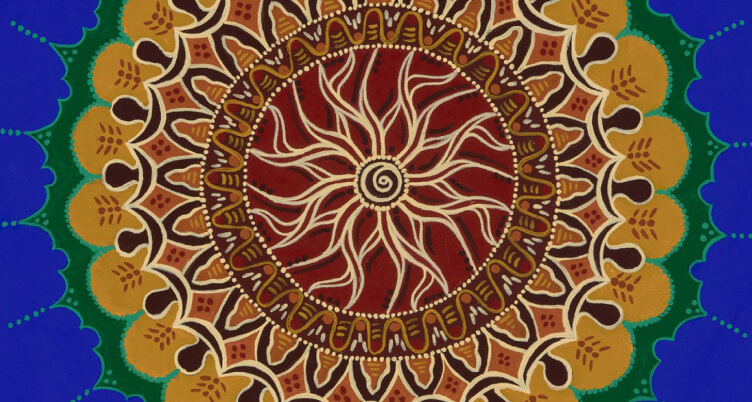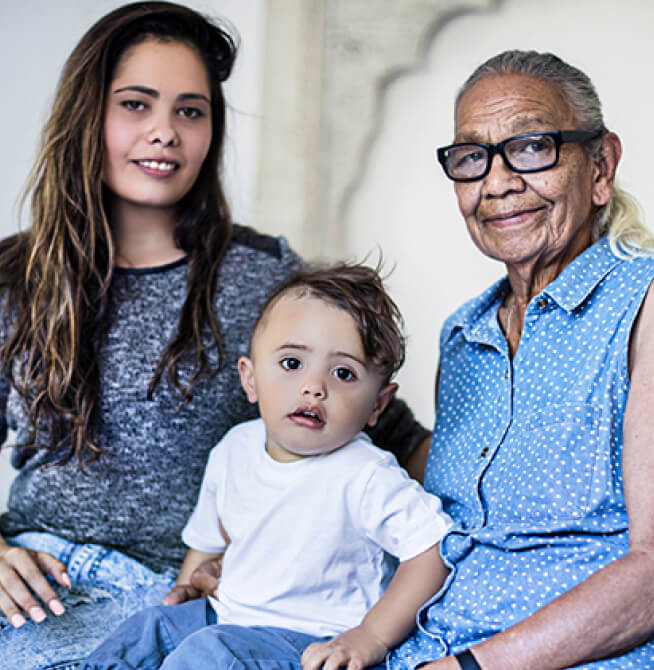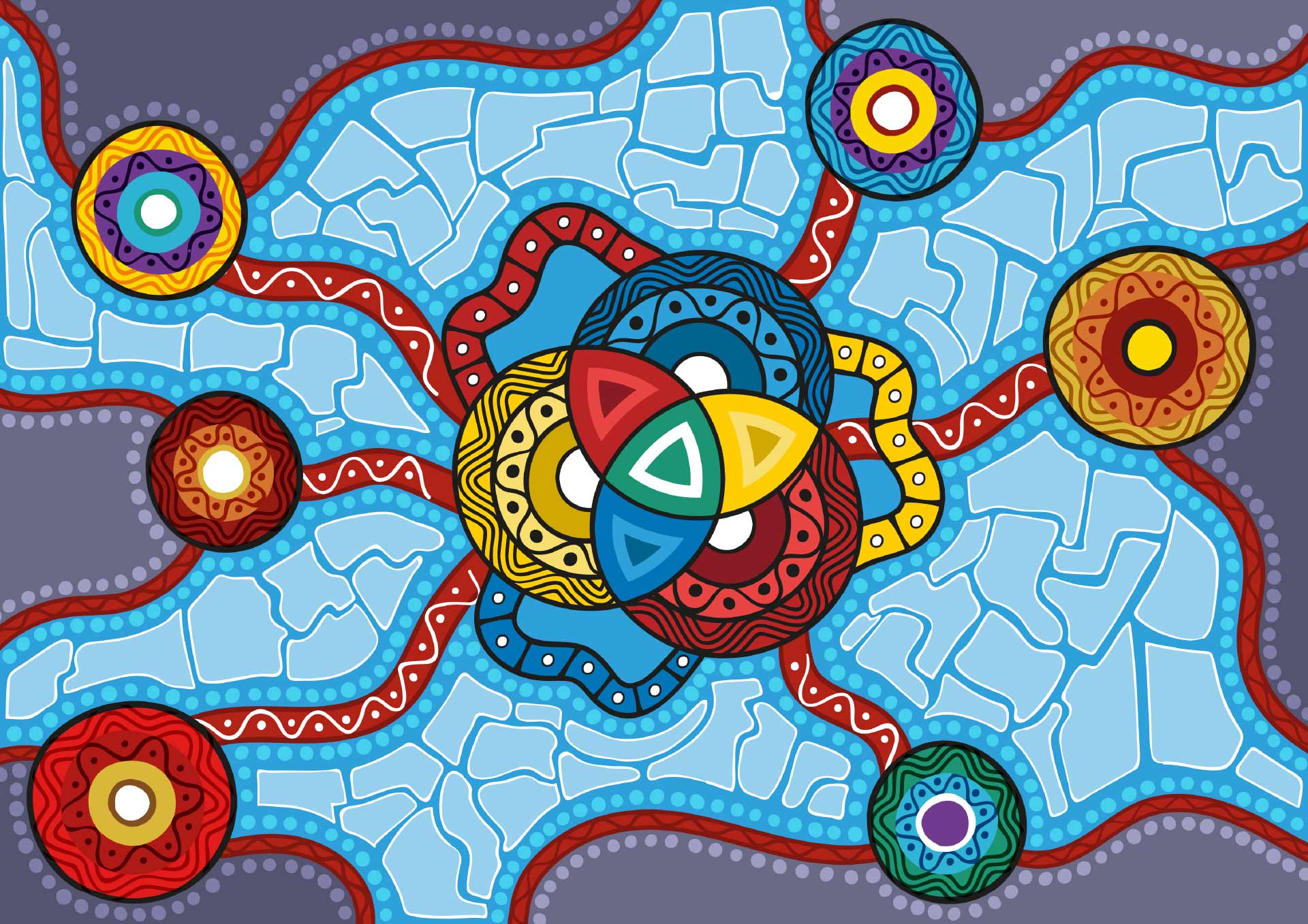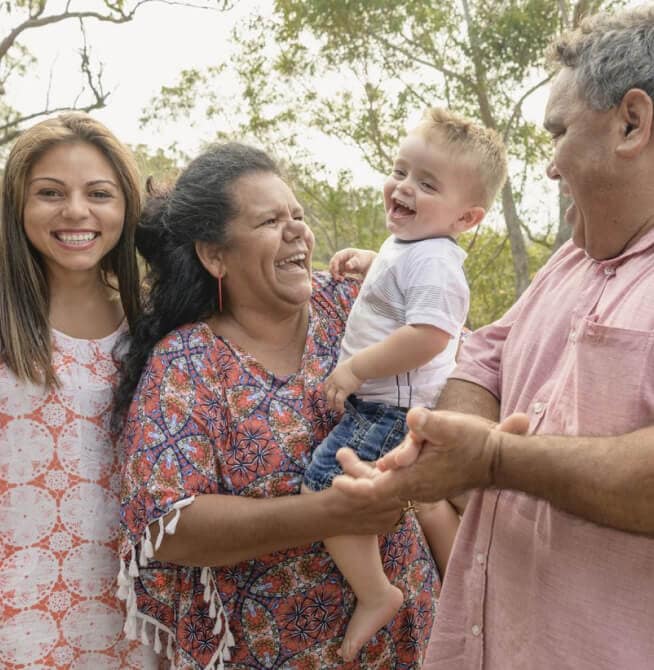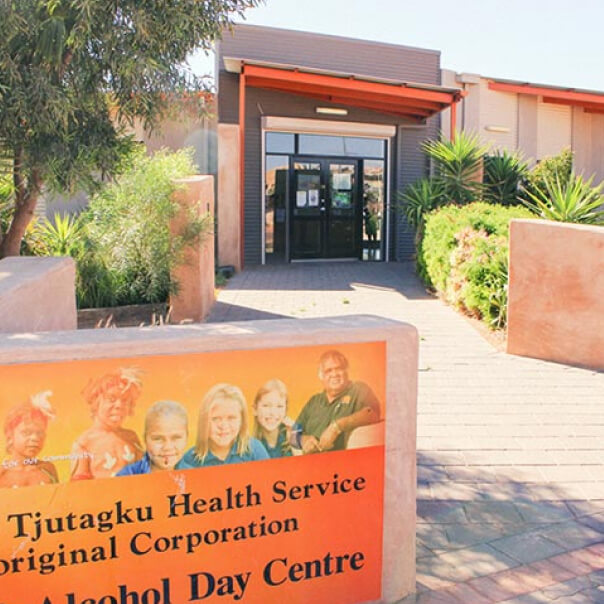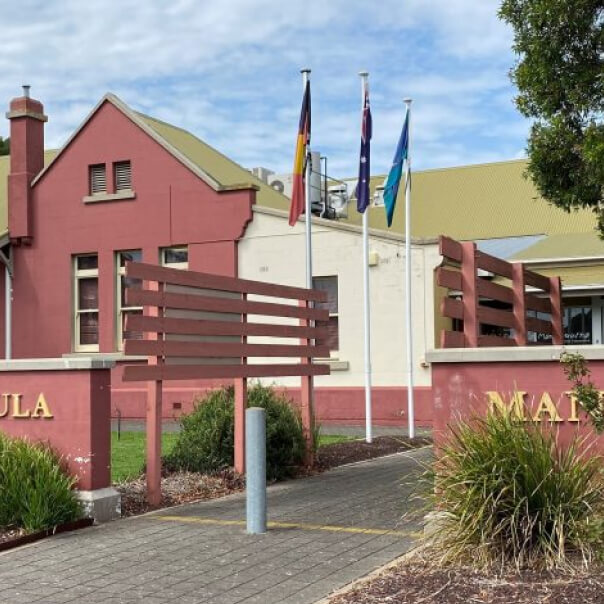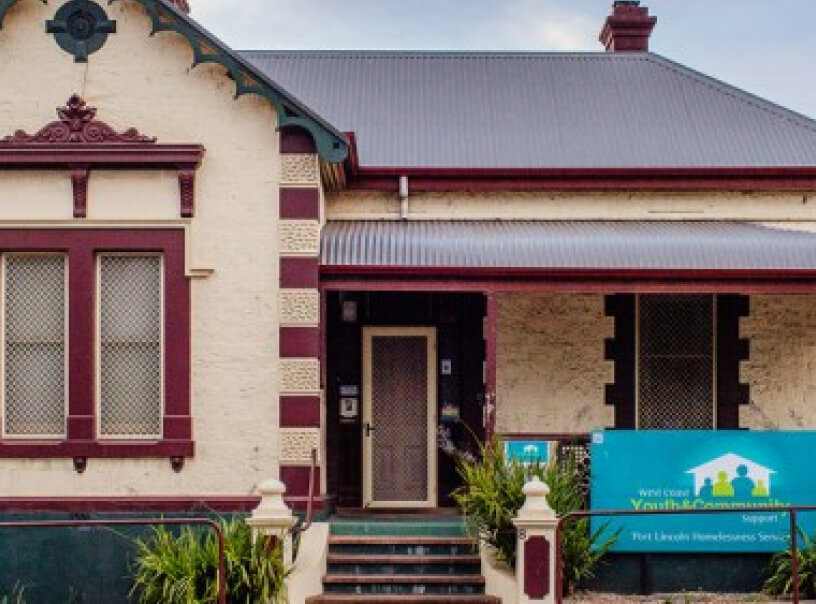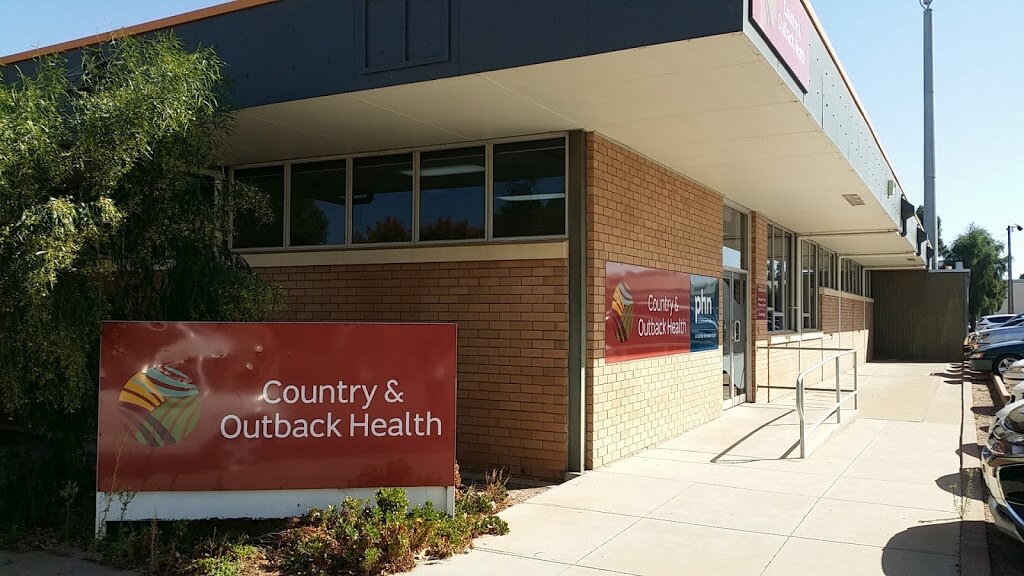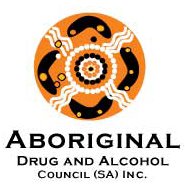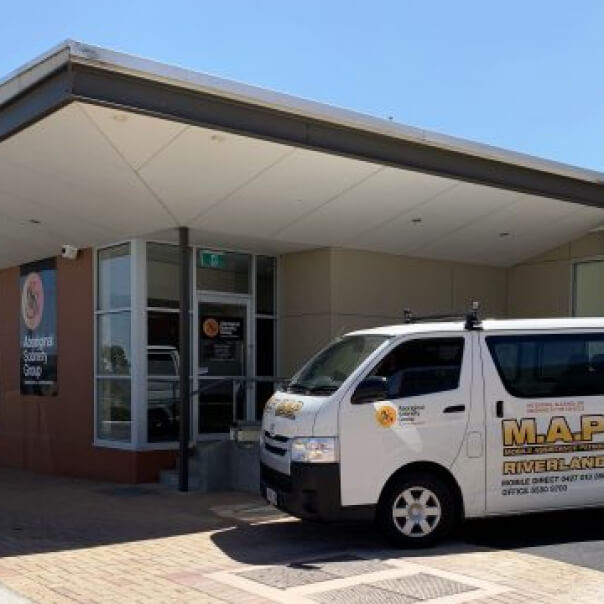Training
Country SA PHN staff will provide training that includes data interpretation and opportunities for improved patient outcomes. This training may be supplied via a number of mechanisms e.g. telephone support, computer-based training or on-site.
Time and resources
To get the best out of the extraction tools we suggest at least one general practitioner, nurse or practice manager, spends some time each week or month reviewing the extracted data. This could become part of your regular practice review process and the content could be presented at staff meetings to take advantage of the availability of such data.
Quarterly data share (optional)
A de-identified data extract to be sent to Country SA PHN on a quarterly basis. This is optional and will be subject to a separate Data Sharing Agreement should you agree to participate. Access to the tools is not conditional on your participation in data sharing.

